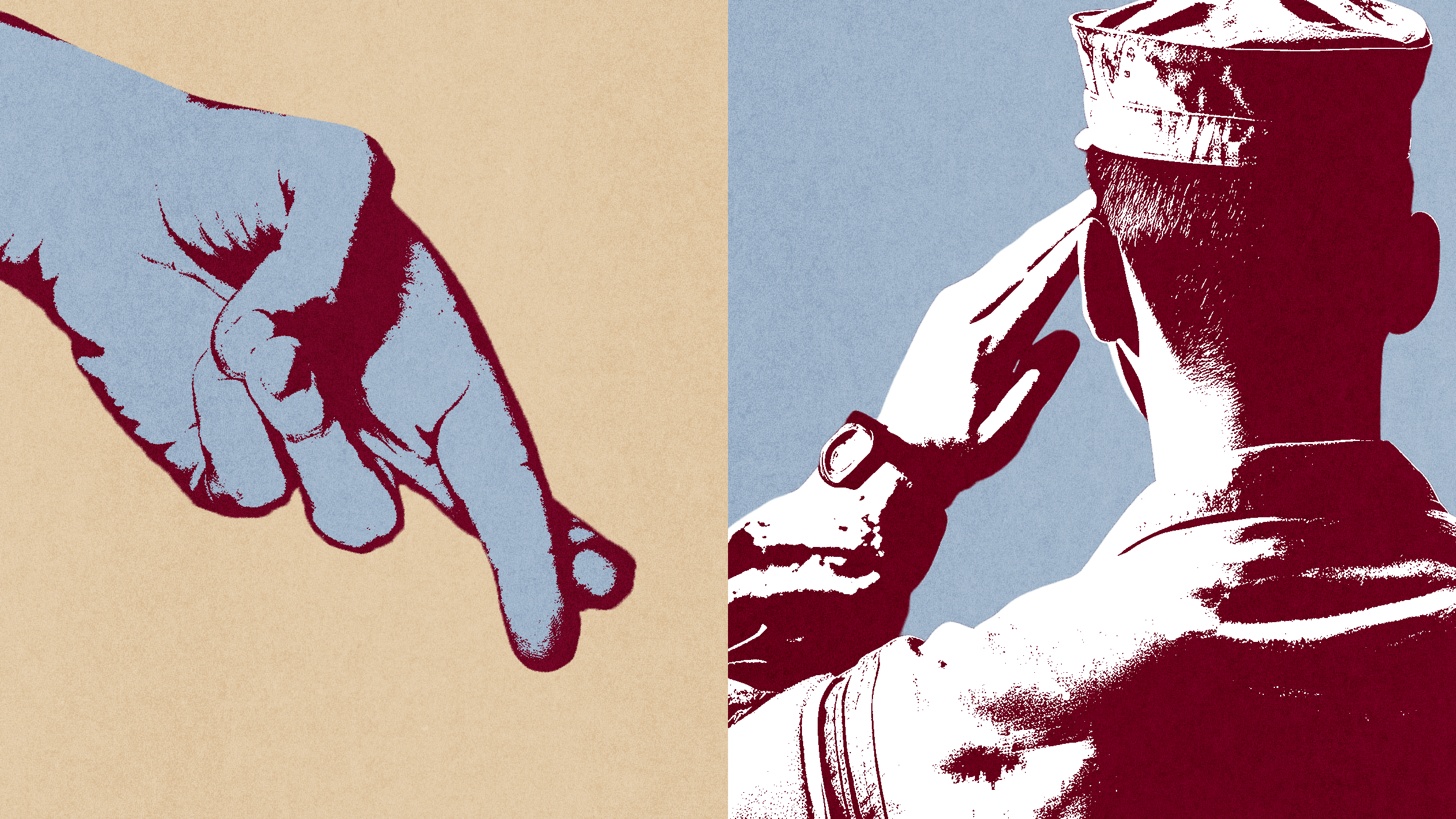Staying Away From Arizona

Arizona is facing a backlash after Governor Jan Brewer signed a law making it a crime not to carry immigration papers and authorizing the police to detain anyone suspected of being in the country illegally. Illegal immigration is, obviously, a real problem. But as Tucson Sheriff Clarence W. Dupnik argues today in the Wall Street Journal, since it isn’t clear what constitutes “reasonable suspicion” of being in the country illegally, the law gives his officers a no-win choice between neglecting their duty and potentially harassing legal immigrants or American citizens.
Speaking at a naturalization ceremony for active-duty service members at the Rose Garden, President Obama said the law threatened “to undermine basic notions of fairness that we cherish as Americans, as well as the trust between police and our communities that is so crucial to keeping us safe.” Concerns that the law would mean racial profiling and lead to the harrassment of Hispanic Americans have prompted calls for boycotts of both the state of Arizona and Arizona companies—including a misguided call for a boycott of New-York-based AriZona Iced Tea. Mexico even issued a rare travel advisory, warning its citizens of “adverse political atmosphere for migrant communities and for all Mexican visitors.”
The law has already started to affect at least one Arizona industry: higher education. Robert N. Shelton, the president of the University of Arizona, recently released a letter saying that because of the law “the families of a number of out-of-state students (to date all of them honors students) have told us that they are changing their plans and will be sending their children to universities in other states.” The Chronicle of Higher Education reports that some students are worried about how the new law might affect them, while others simply find the law offensive. Admissions officers at Arizona State say they have been trying to reassure worried admits that the university is still a “warm and welcoming place for people of all races and ethnicities.”
But because potential students are concerned as much with how they will be treated when they’re off campus as when they are on campus, there’s only so much university officials can do. As Maricopa Community Colleges chancellor Rufus Glasper says, “the many Latino citizens and lawful immigrants who attend college now face the offensive and discriminatory prospect of incessant demands to show their documents. We can expect that some will find this prospect discouraging and will discontinue their pursuit of education and training as well.”
If enrollment drops at Arizona universities, it won’t just affect their prestige. It will hurt their bottom line as well—especially since state universities depend on out-of-state tuition for revenue. In the long term it could even damage the state’s ability to attract and retain skilled workers. If the new law remains on the books, in other words, Arizona may find itself keeping away desirable immigrants along with the supposedly undesirable ones.




